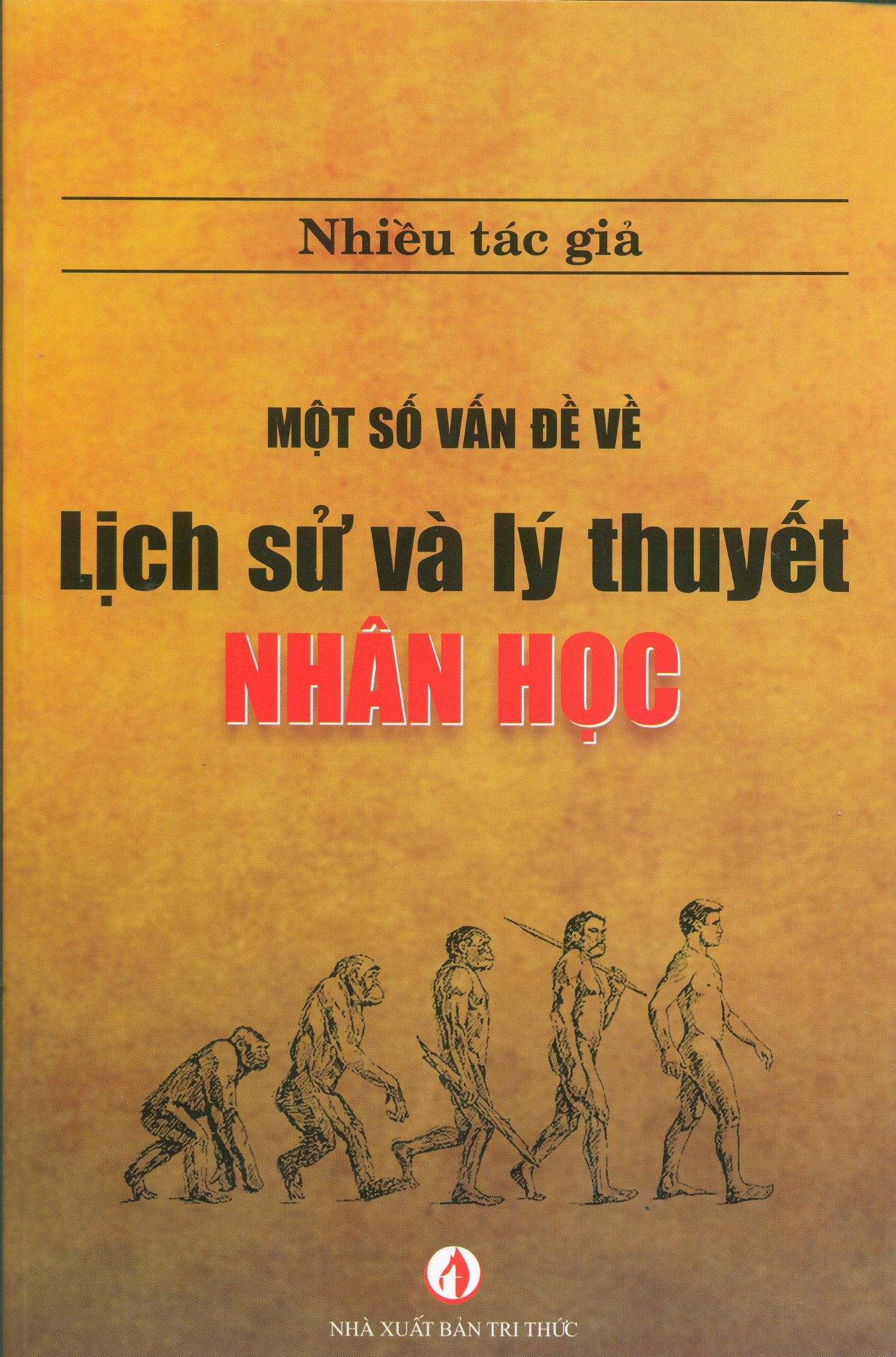
Anthropology is a social science, born in the 19th century, existing withnamedifferent in different countries. In other words, anthropologists around the world are operating within the framework ofnamedifferent or in thetraditionaldifferent from a branch of science that studies humans.
Although belonging to different traditions, anthropologists share a unique system of research methods for the discipline, which is theethnographic fieldwork, to collect theethnographic materialabout different aspects of humans and human societies. Another important commonality of the discipline is thattheory, the main theme of this book. Anthropologists from different traditions have contributed to the construction and production of a rich theoretical system.
In anthropological research, ethnographic materials and theory eventually come together in a research project. Without theory, the ethnographic materials collected by anthropologists in the field are just a bunch of descriptive and analytical information about cultural, social, ethnic phenomena and human nature. Thus, theory not only helps anthropologists define research objectives, shape research questions, collect ethnographic materials in the field, guide the analysis and presentation of materials, but more importantly, through the application of theory, anthropologists participate in discussing major, fundamental issues of the field of human studies and human culture and society.

With a profound theoretical and empirical character, over the past century, anthropological traditions in different countries have produced a particularly rich theoretical system. Placing anthropological theories in their specific historical and contemporary contexts, the researcher will better understand the fact that anthropological theories are inseparable from the social conditions of the time that produced them and that the emergence of new theories in anthropology is often the expression, development or rejection of existing theories. In the words of Alan Barnard, anthropological theories do not disappear when criticized, but instead they are crystallized into new theories or return in a different form in the next generation. Therefore, existing theoretical perspectives need to be studied, because anthropologists of the next generation position themselves in relation to their predecessors in a way that supports or criticizes or transforms their concepts and theories into their own new ones.

However, in Vietnam, the issue of theoretical schools in the world's anthropological traditions is a gap that needs to be filled in different ways. While anthropologists supplement and update original documents, translating some documents from foreign languages into Vietnamese is very necessary, contributing significantly to the system of learning materials and reference materials on the subject of anthropological history and theory.
For that reason, the Department of Anthropology (University of Social Sciences and Humanities, Vietnam National University, Hanoi) has translated a number of documents from English into Vietnamese. This book is a collection of 17 articles with content suitable for the goal of updating knowledge on the topic of anthropological history and theory. The works are structured according to three main contents, which are (i) anthropological traditions; (ii) theoretical concepts and anthropological theory building; and (iii) anthropological theoretical schools. The book is not a complete collection on this topic, but it will certainly help readers understand more about anthropology, history and anthropological theoretical schools in Vietnam and around the world.
Author:NVS
Newer news
Older news